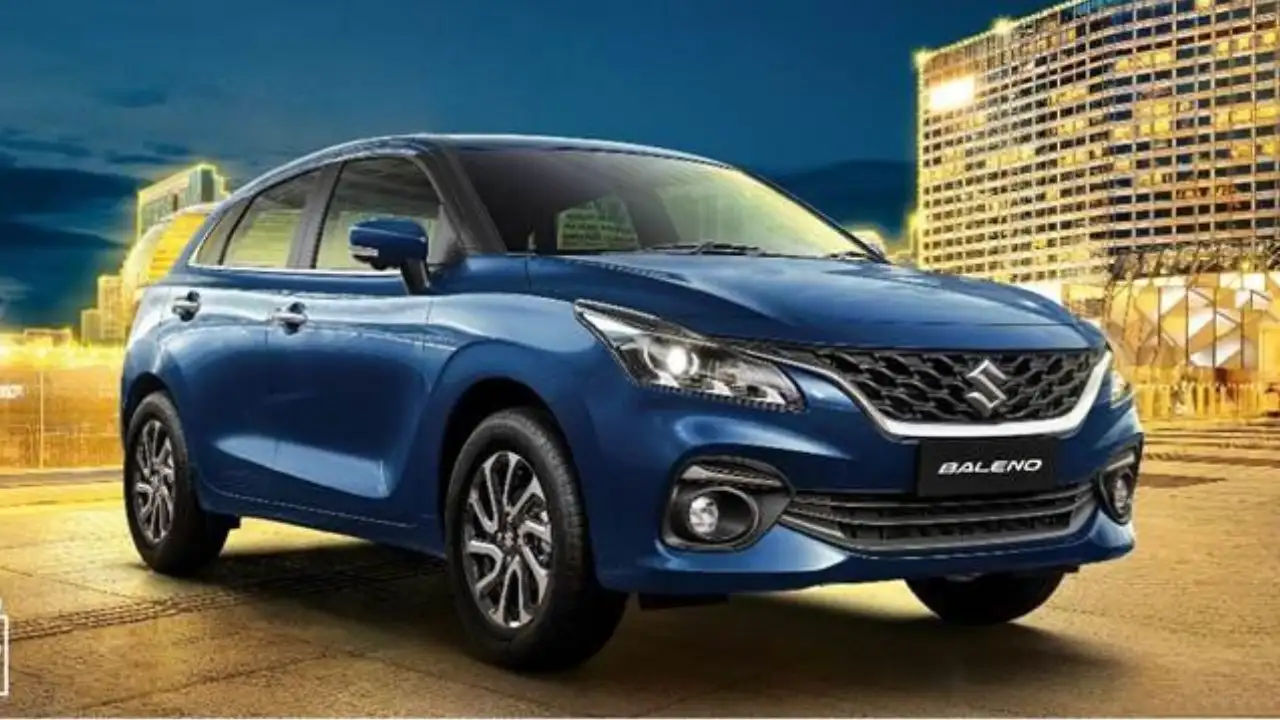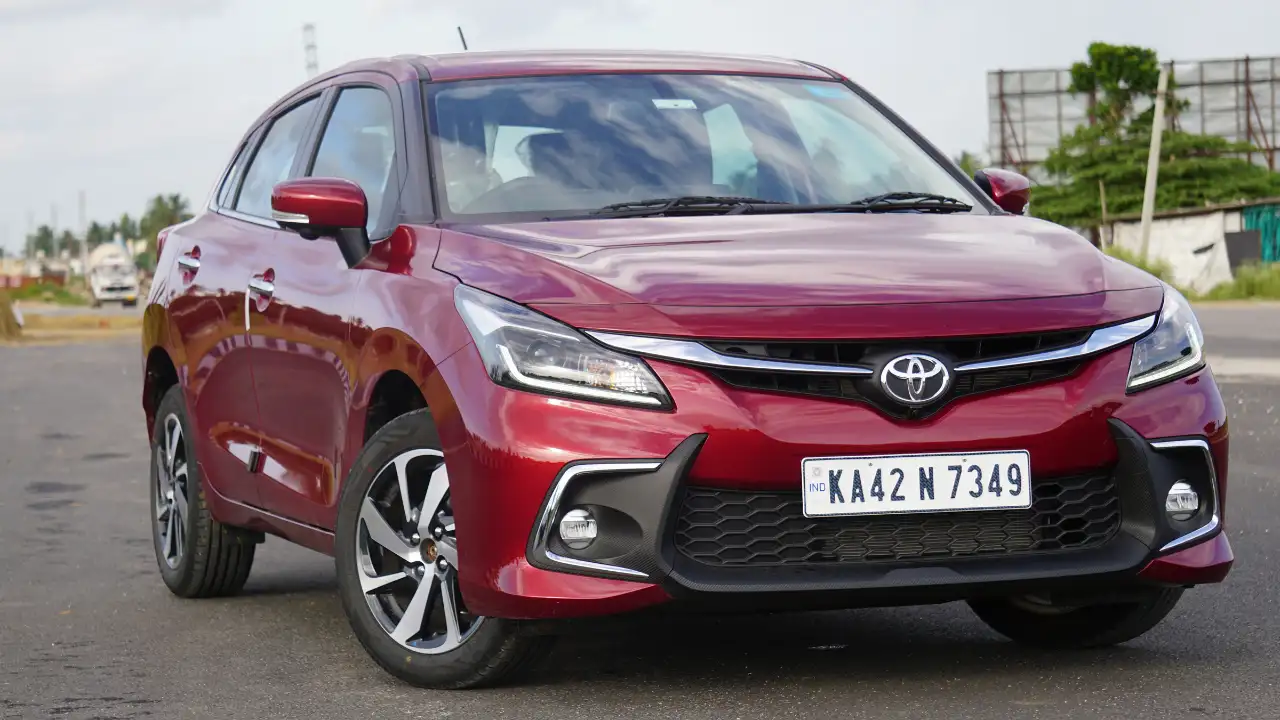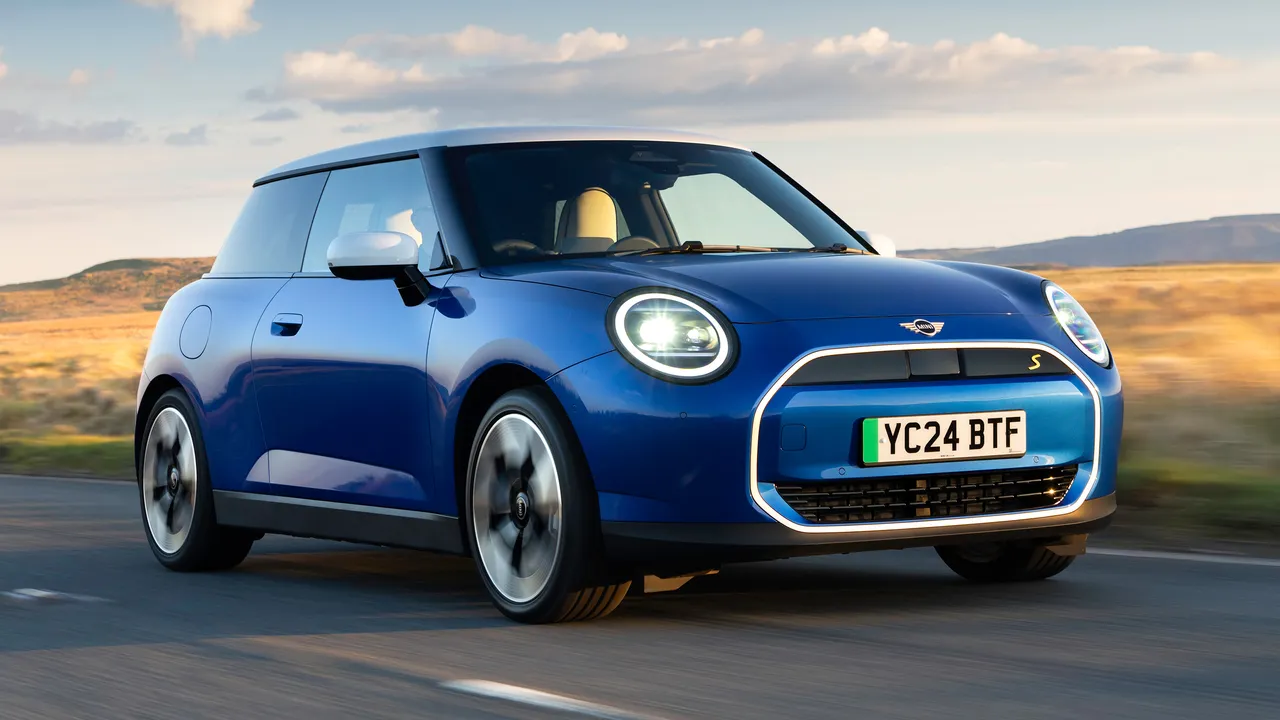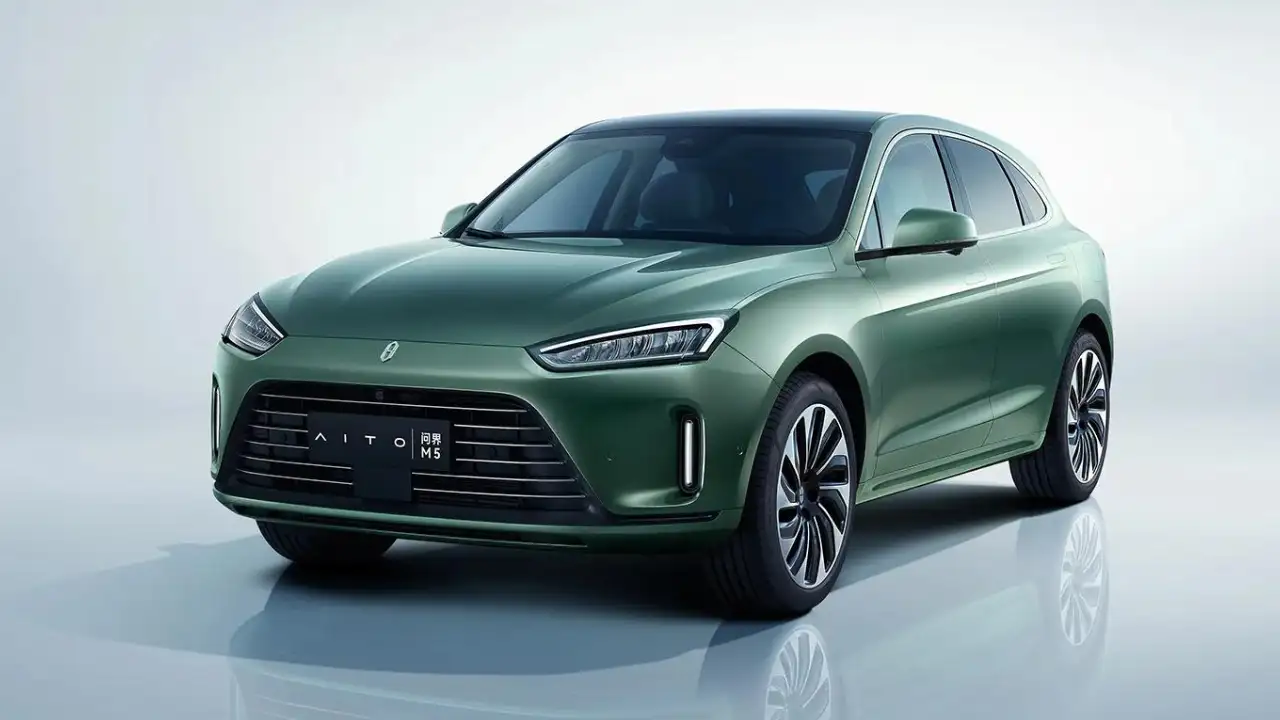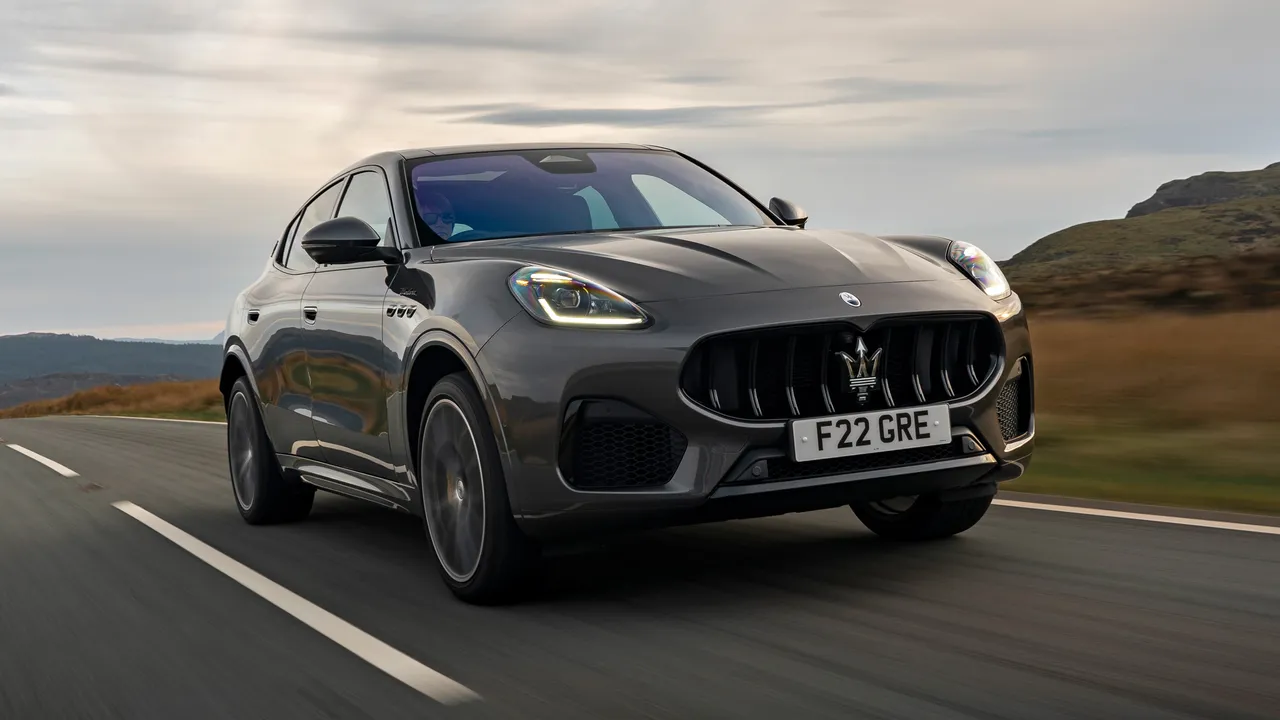Maruti Suzuki, one of India’s most popular and trusted automotive brands, has announced that it will once again raise the prices of its vehicles across various segments. This decision, while not entirely unexpected, is set to affect a wide range of models in Maruti Suzuki’s diverse portfolio, including some of the country’s most popular cars. With this price hike, car buyers will need to consider the implications of the new pricing structure and how it may influence their purchasing decisions.
Why Is Maruti Suzuki Increasing Prices?
The price revision by Maruti Suzuki comes as a response to the rising costs of production and essential raw materials. In recent months, the automotive industry has faced challenges related to inflation, rising input costs, and supply chain disruptions. Prices of key raw materials such as steel, aluminum, and semiconductor chips have surged globally, forcing car manufacturers to adjust their pricing strategies to maintain profitability.
Maruti Suzuki, which has a significant share in India’s passenger vehicle market, has been facing similar challenges. The company has stated that the increase in vehicle prices is necessary to offset these escalating costs while continuing to provide quality products to its customers. This price hike comes at a time when the demand for cars in India is recovering, and Maruti Suzuki remains a dominant player in the market.
Which Models Will Be Affected?
The price increase will impact a wide range of vehicles in Maruti Suzuki’s lineup, including some of its best-sellers. Popular models such as the Maruti Suzuki Alto, Swift, Dzire, Vitara Brezza, and Baleno will see an increase in their prices. While Maruti Suzuki has not revealed the exact details of the price hike for each model, industry experts anticipate a price increase of approximately 1.5% to 3% across various variants.
For example, the entry-level Alto, a popular choice for budget-conscious buyers, may see a price increase of ₹5,000 to ₹10,000. On the other hand, models like the Baleno and Vitara Brezza, which belong to the premium compact and SUV segments, could experience a more significant price hike, potentially in the range of ₹15,000 to ₹25,000.
The price adjustment will vary across the different variants of each model, with higher trims typically seeing a larger increase compared to base variants. This revised pricing structure will affect both petrol and CNG variants of the affected models.

Impact on Consumers
For prospective buyers, the price hike could affect their car-buying decisions, particularly those who were planning to purchase a Maruti Suzuki vehicle in the near future. While the increase may seem modest for some models, for others, it could stretch their budget further. However, it is essential to keep in mind that Maruti Suzuki continues to offer some of the most affordable vehicles in the Indian market, and even with the price hike, these cars remain competitively priced.
Maruti Suzuki has long been known for providing value-for-money cars that are reliable, fuel-efficient, and feature-rich. The price revision, though inevitable due to rising input costs, does not diminish the overall attractiveness of Maruti’s vehicles. Buyers can still expect cars with high resale value, low maintenance costs, and a wide range of service centers across the country.
For those planning to buy a Maruti Suzuki car, it is advisable to finalize the purchase as soon as possible to lock in the current pricing before the revised rates come into effect. Additionally, prospective buyers may want to explore financing options or special offers available at dealerships to mitigate the impact of the price hike.
What Does This Mean for Maruti Suzuki’s Future?
Maruti Suzuki’s decision to raise prices is not only a response to current market conditions but also a long-term strategy to ensure the brand’s sustainability in the face of rising costs. Despite the price increase, Maruti Suzuki continues to dominate the Indian automotive market, thanks to its strong brand reputation, extensive product portfolio, and large customer base.
The company’s continued focus on affordability, reliability, and fuel efficiency has made it the preferred choice for millions of Indian car buyers. With the price hike, Maruti Suzuki aims to strike a balance between maintaining its competitiveness and managing the increasing costs of production. The company is also investing in new technologies, including electric vehicles (EVs), which could further diversify its offerings and cater to the growing demand for eco-friendly mobility solutions.
The price revision could also set off a chain reaction among other automakers in India, prompting them to adjust their prices in response to similar cost pressures. As the Indian car market becomes more competitive, Maruti Suzuki’s ability to adapt to changing economic conditions will play a crucial role in maintaining its market leadership.
Conclusion
Maruti Suzuki’s decision to raise vehicle prices reflects the broader challenges facing the automotive industry in India and globally. While the price hike may have an immediate impact on the budgets of prospective buyers, the brand’s vehicles continue to offer excellent value, performance, and reliability. For those looking to purchase a Maruti Suzuki car, it is essential to stay informed about the price adjustments and make timely decisions to secure the best deal.
Despite the price increase, Maruti Suzuki remains well-positioned to maintain its leadership in the Indian automotive market, thanks to its wide range of vehicles that cater to different customer needs and preferences. As the company continues to evolve and innovate, it will undoubtedly remain a key player in India’s rapidly growing automotive sector.
